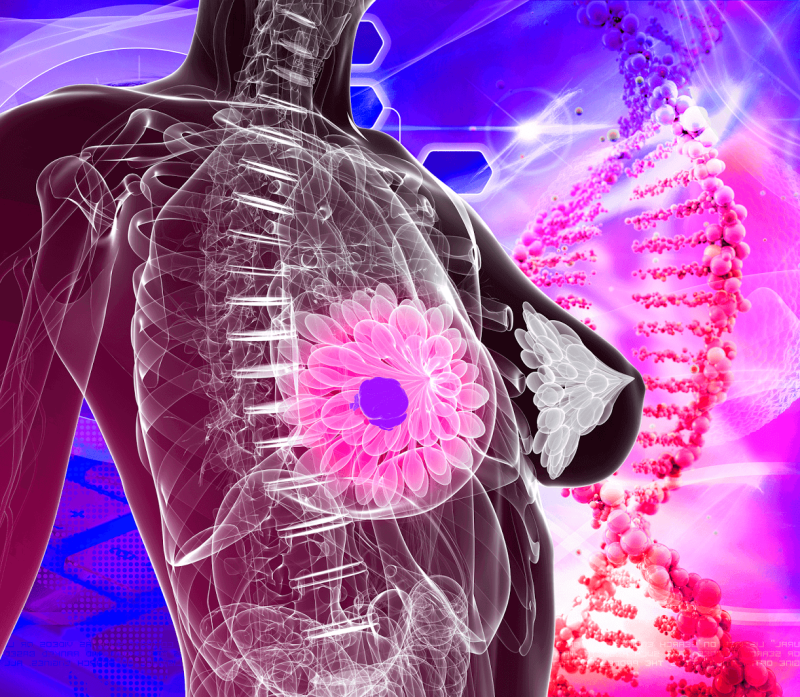Researchers at the Wellcome Trust Sanger Institute have discovered ‘hotspots’ of mutations in breast cancer genomes, where mutations thought to be inactive ‘passengers’ in the genome have now been shown to possibly drive further cancerous changes….the study found 33 mutation hotspots, which act like backseat drivers for cancer development.
…
Dominik Glodzik, first author on the paper from the Wellcome Trust Sanger Institute, said: “From our research, it now looks like some of these tandem duplications are not just unimportant passenger mutations, but actually create new driver mutations for cancer.”
…
The researchers found that many of the tandem duplication hotspots were in important parts of the genome. These included genes that are known to be associated with driving breast cancer and also in special, regulatory areas of the genome known as super-enhancers that switch on multiple genes—damage in this area leads to uncontrolled activation of many genes
…
The study also looked at a small number of ovarian and pancreatic cancer genomes and found these also had hotspots of tandem duplications, but in different places than the breast cancers, due to different genes being activated in diverse tissues.
[The study can be found here.]The GLP aggregated and excerpted this blog/article to reflect the diversity of news, opinion, and analysis. Read full, original post: Study reveals new genetic mechanism driving breast cancer































